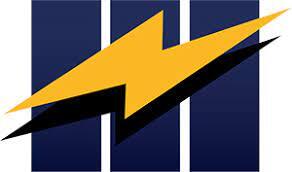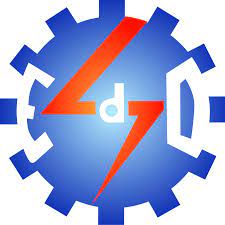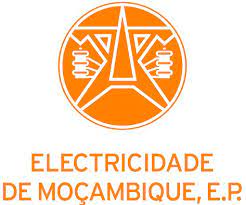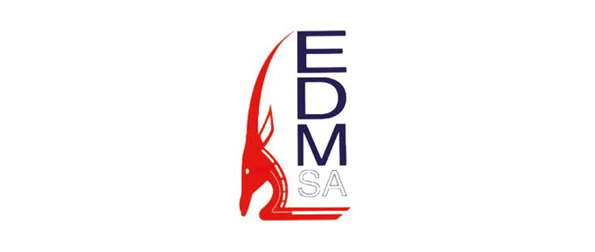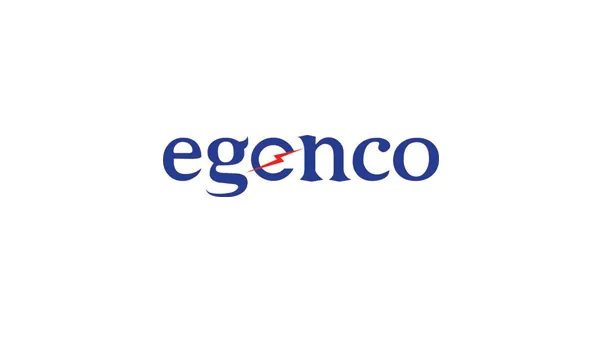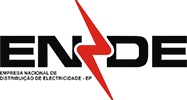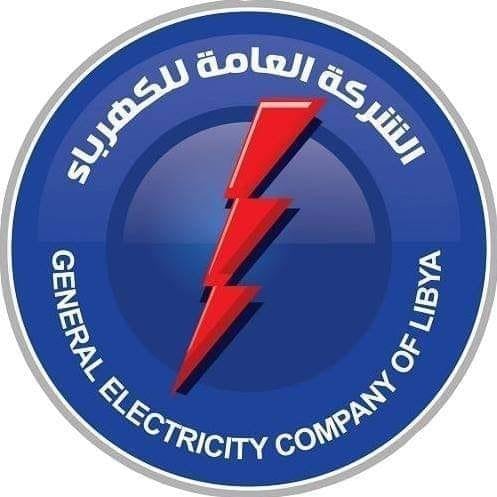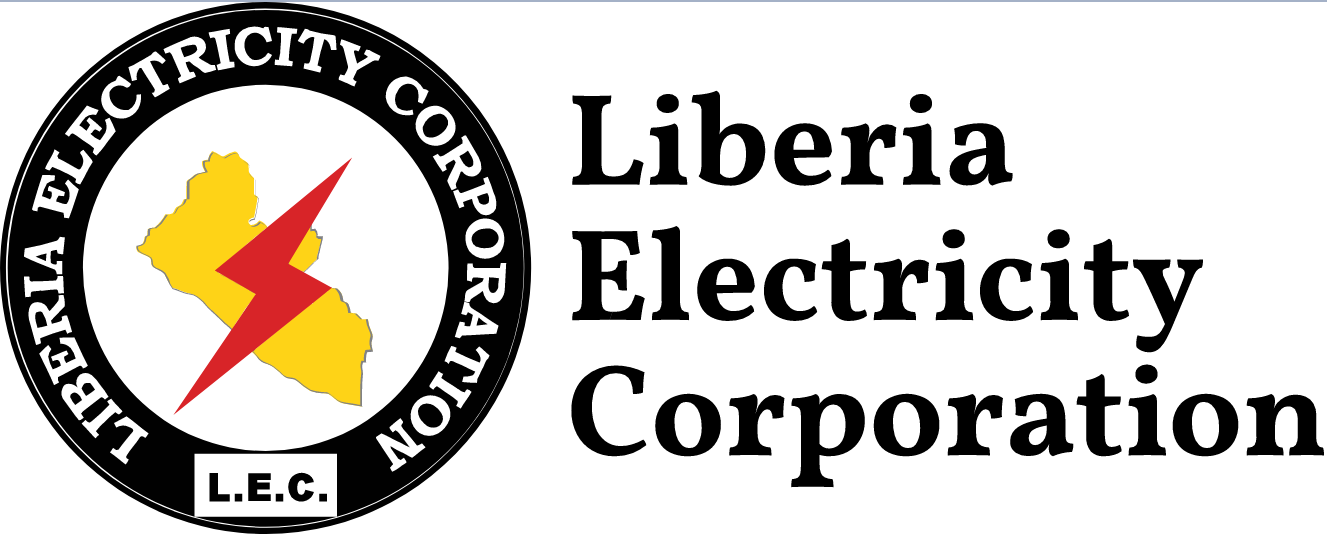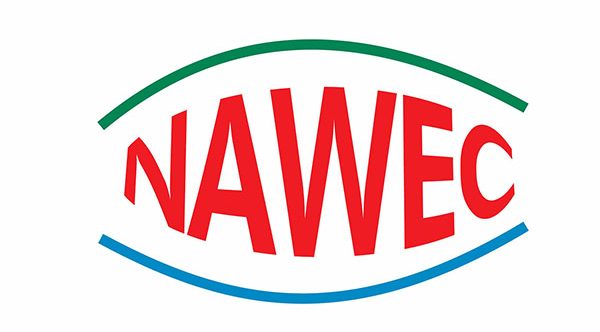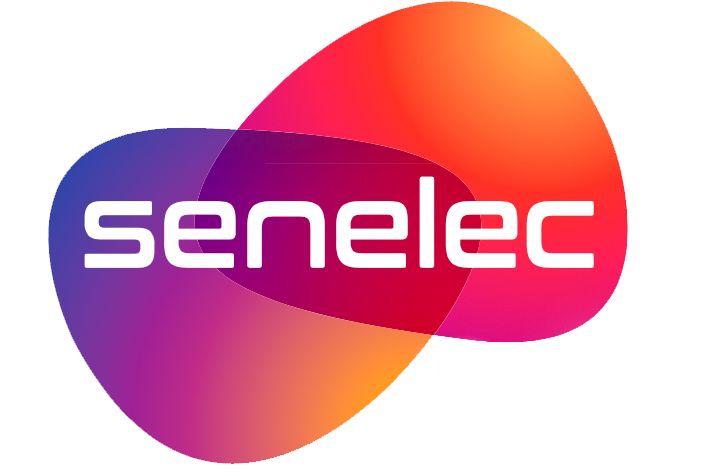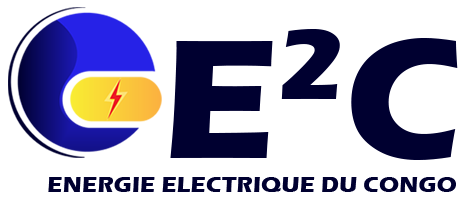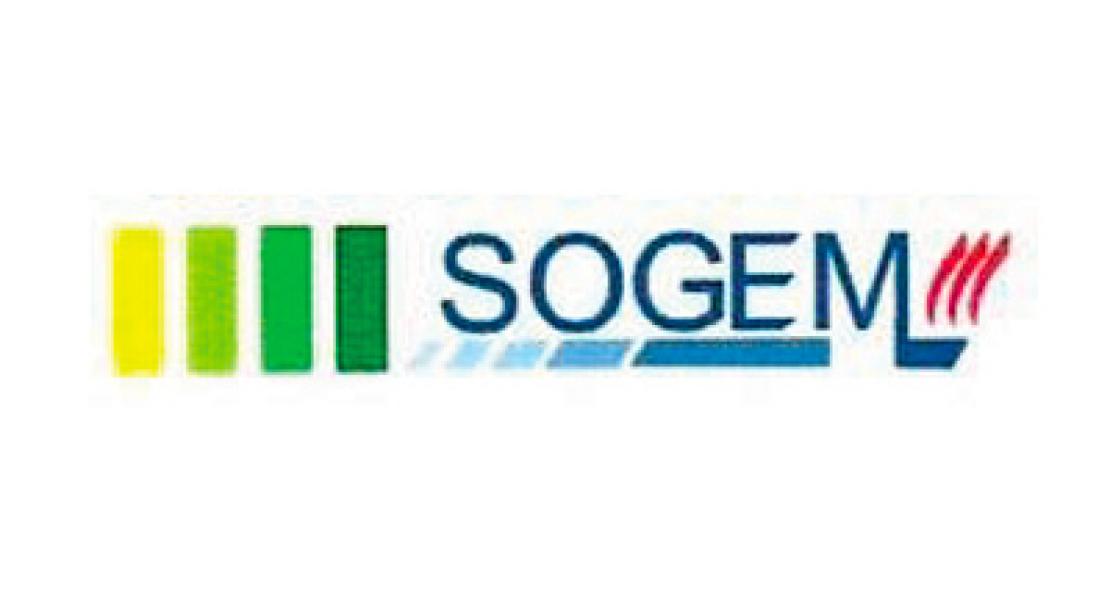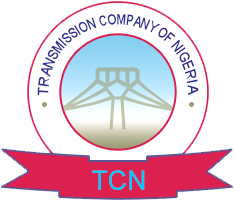Presentation

The Association of Power Utilities of Africa (APUA)
A word from the General Manager of APUA
Mr. TELLA Abel Didier
History
The APUA is the Association of Power Utilities of Africa. It is a continental, non-profit organization that brings together power utility in Africa as well as African or foreign organizations whose activities contribute to the development of the African electricity sector. It was created in 1970. Its headquarters is in Abidjan, Côte d’Ivoire. It was known as the Union of Producers, Transporters and Distributors of Electrical Power of Africa (UPDEA)
Mission
The mission of APUA is to bring together all of Africa's power utility and all stakeholders to make electricity more accessible, reliable and affordable for people.
![]()
Core Values
The core values of APUA are the following:
- Integrity
- Transparency
- Responsibility
- Excellence
- Trust
![]()
Vision
The mission of APUA s mission is to bring together African electricity companies and stakeholders to make electric power more accessible, affordable and reliable for the people of Africa.
Some initiatives of APUA

Inter-African School of Electricity (ESIE)
A symbol of the expertise, cooperation and solidarity between African electricians.
The school opened its doors in 1979. From 1979 to 2000, ESIE trained more than 250 engineers from several African countries.
The school, which was designed to train high-level scientific engineers who were bilingual and immediately operational, benefited from the sponsorship of prestigious European engineering schools:
- Ecole Supérieure d'Electricité (ESE) in France
- Central Polytechnic College of London (Great Britain)
- The Swiss Federal Institute of Technology in Lausanne, Switzerland.
During the first years of ESIE's operation, these major European schools seconded professors to the school. The training included two main components:
- Theoretical with a department in charge of academic education;
- Professional with a department in charge of professional education in the fields of electricity production, transmission and distribution.
For the professionalization component, the school benefited from the support of Électricité de France (EDF) and the Canadian electricity company Hydro Québec, which also seconded trainers to the school during its first years of existence.
The first Director General of ESIE was Mr. KOUASSI AKON from EECI (Energie Électrique de Côte d’Ivoire).
Nowadays, most of the engineers who graduated from ESIE hold positions of great responsibility in their countries, their companies or in other structures in Africa or outside the continent where their skills are required: Ministers, General Managers, Directors, Consultants, etc.
However, in 2001, following the evolution of engineering training policies within several member companies and taking into account the institutional reforms undertaken in the electrical sector, UPDEA handed over the School to the Ivorian Government in order to be integrated into the University of Abidjan-Cocody.
![]()
Data Bank
The realization of a continental Data Bank of the African electric sector, accessible by Internet
![]()
Power Pools
The establishment of Power Pools in Central Africa (2003) and in Eastern Africa (2005) in collaboration with the Regional Economic Communities
![]()
Standardization
The realization of a continental Data Bank of the African electric sector, accessible by Internet
The ANCEE
As part of its innovation strategy, APUA has set up a capacity building project for the electricity sector entitled: African Network of Centers of Excellence in Electricity (ANCEE).
Statutory bodies of APUA

The General Assembly
It is made up of all the active and affiliated members of the Association. It meets once a year to examine and approve the accounts; it takes decisions in the form of resolutions, after a favourable recommendation from Executive Committee. Its President is also the President of Executive Committee.

The Executive Committee
The Executive Committee is the management and supervisory body for the activities of the ASSOCIATION. The Executive Committee must be representative of the five sub-regions of the continent (North, West, Central, South, East). Each sub-region is represented by 4 members, except for the one where the headquarters of the ASSOCIATION is located, which has 5 representatives, for a total of 21 members.
Papa Mademba BITÈYE
A word from the ChairmanAPUA
Dear reader, Dear member,
The APUA wishes to reinforce its visibility to you, professionals of the African electrical sector, by offering you always more quality services! Thus, the General Secretariat has undertaken a work of modernization of computer tools available to our member companies but also and especially electricians, decision makers, technical and financial partners, people curious to know more about our activities, with the evolution of our website.
You will find a lot of information about our association, a dedicated space for investment projects in new infrastructures, members' contact details and an interactive news feed. Enjoy your visit!
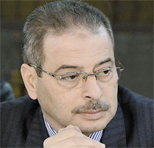
Gaber Desouki Moustafa
President of the Scientific Committee
The Scientific Committee is the technical body of the Association. It is in charge of the analysis of the problems encountered by the members and the studies of the specific projects interesting the members or the external partners of the Association.APUA. It is also responsible for the scientific preparation of the Association's events. It is structured in Study Committees within which Working Groups are formed.

Abel Didier Tella
General Manager theAPUA
The General Secretariat is the permanent body in charge of the administration of the Association. It translates into plans and programs the decisions, resolutions, and recommendations made by the Association.
It is the interface between the other bodies of APUAs other bodies, member companies and external partners. It is headed by a General Manager who is the legal representative of APUA.



